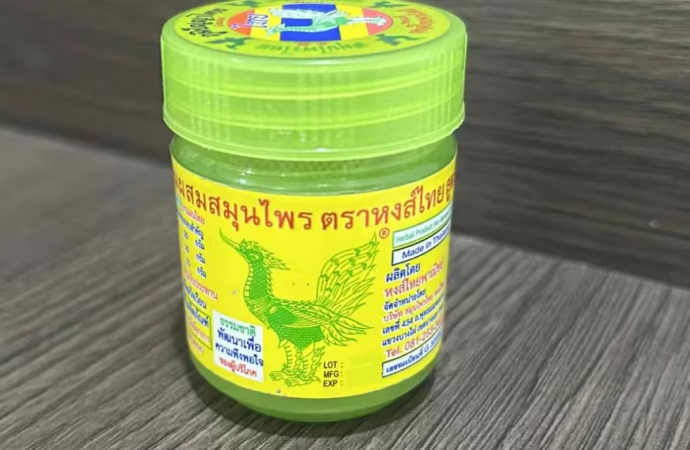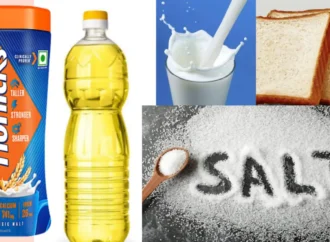Key Update
The Thailand Food and Drug Administration (FDA) has recalled several herbal inhalers — a popular pick-me-up sold at airport kiosks, roadside stalls, and online — after laboratory tests revealed unsafe levels of microbial contamination in multiple brands. Tests on Hong Thai Herbal Inhaler, Formula 2 (Registration No. G309/62), manufactured by Hong Thai Panich, showed excessive total aerobic microbial counts, high yeast and mould levels, and the presence of Clostridium perfringens, a harmful bacterium. The product failed to meet the quality and purity standards set under Thailand’s Ministry of Public Health regulations, according to local media reports.
Contamination Poses Health Risks
Dr Sarawut Boonsuk, Director-General of the Department of Medical Sciences, said that 39 of 54 herbal inhaler samples examined during the 2025 fiscal year were substandard. He warned that the bacteria detected in some products, commonly found in soil, could cause infections in individuals with weakened immune systems if inhaled. Another affected product, Chama Herbs Herbal Inhaler (Registration No. G561/67), Lot NF2522503001, produced on March 3, 2025, also exceeded safe limits for microbial contamination.
Tests Triggered by Online Reports of Fungal Contamination
FDA Secretary-General Supattra Boonserm said the agency launched nationwide tests after online reports earlier this year suggested possible fungal contamination in several inhaler brands that could harm users’ lungs. The FDA examined samples for total aerobic microbial counts, yeast and mould contamination, and banned bacteria such as Staphylococcus aureus, Pseudomonas aeruginosa, and Clostridium spp..
Recalls, Refunds, and Possible Legal Action
The FDA has ordered manufacturers to trace and correct the contamination sources before resuming production. Hong Thai Panich announced it will recall and destroy Lot 000332, produced on December 9, 2024, with an expiry date of December 8, 2027, covering about 200,000 units. The company also promised refunds for consumers and distributors. The FDA has suspended the company’s manufacturing operations and is considering legal action against the producer, according to media reports.
Source: The Indian Express
 Food Manifest
Food Manifest 


















